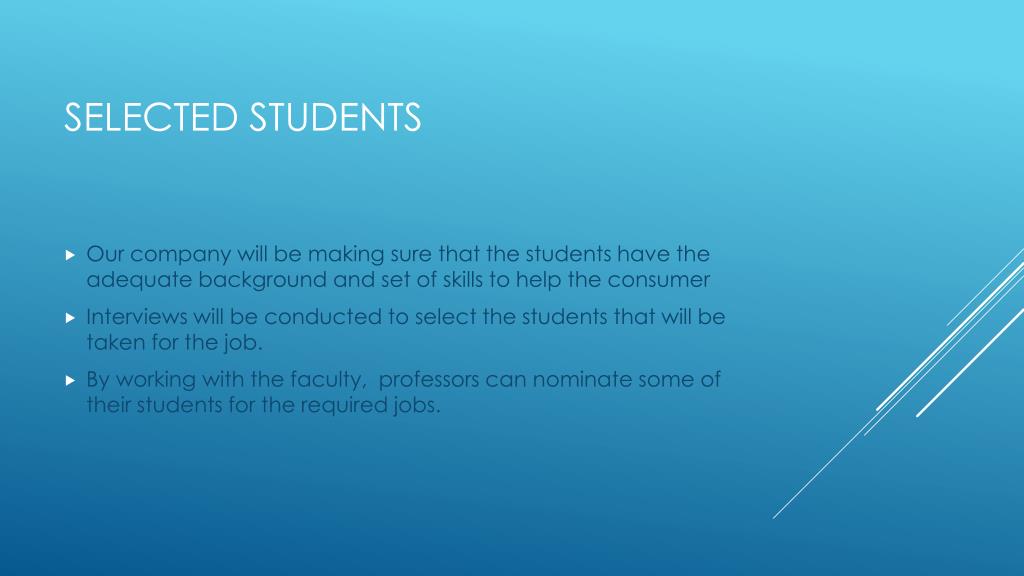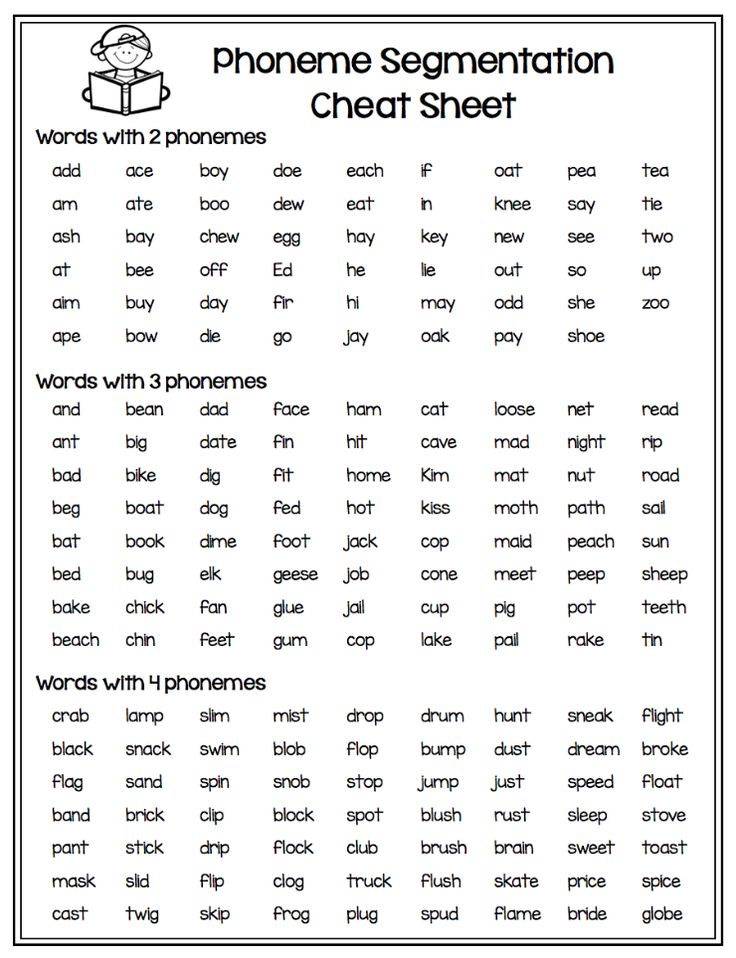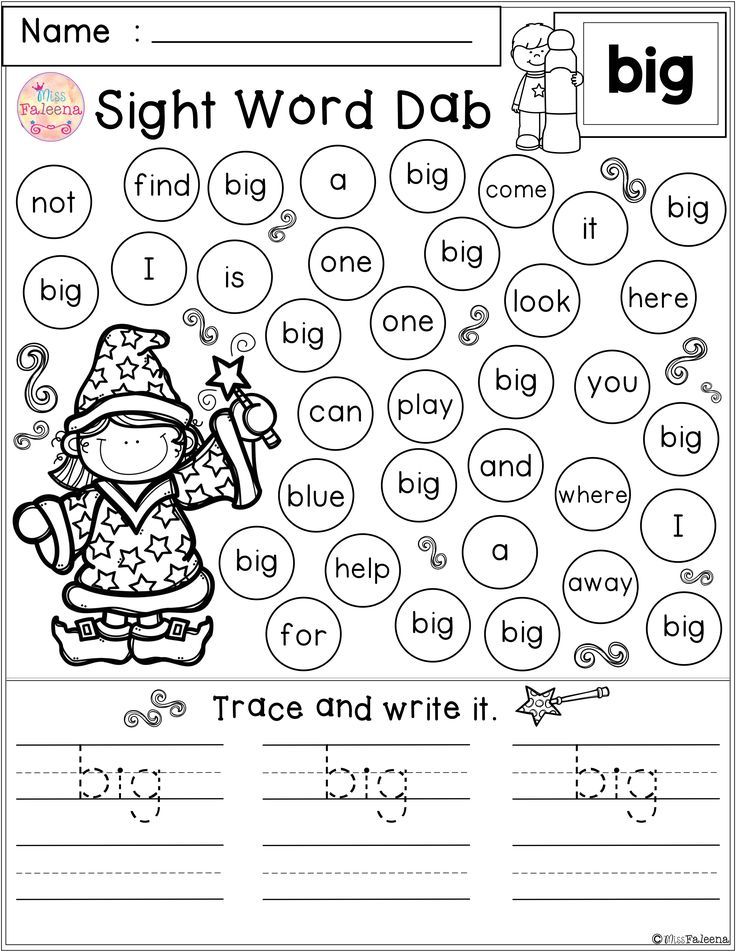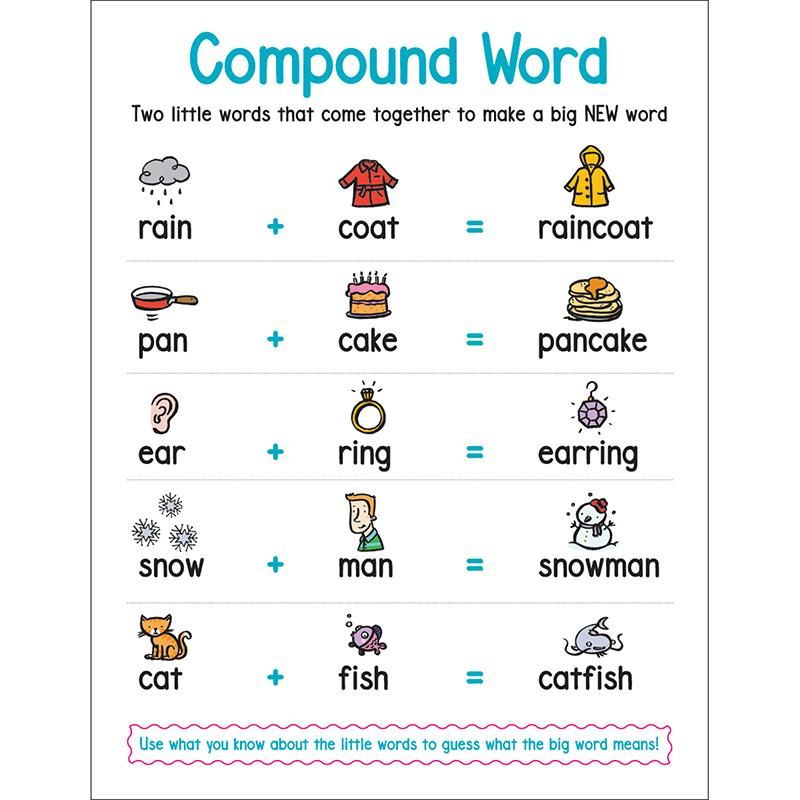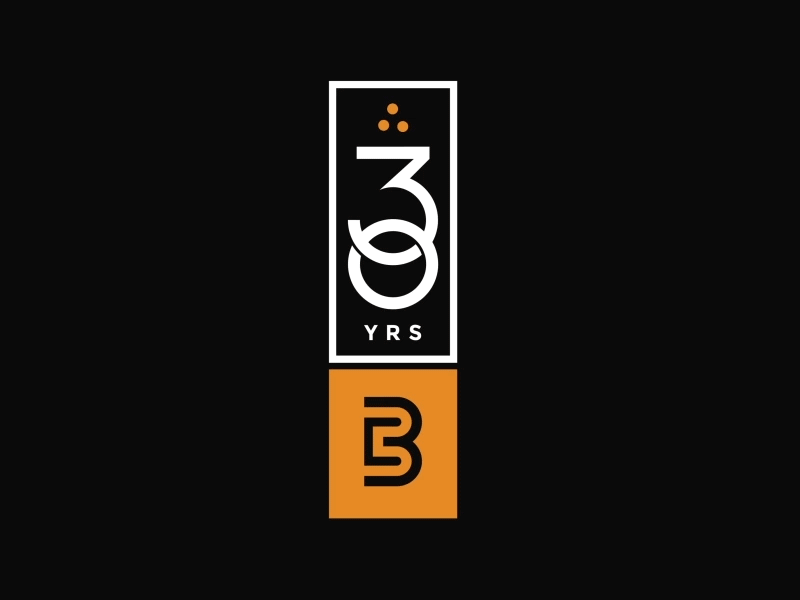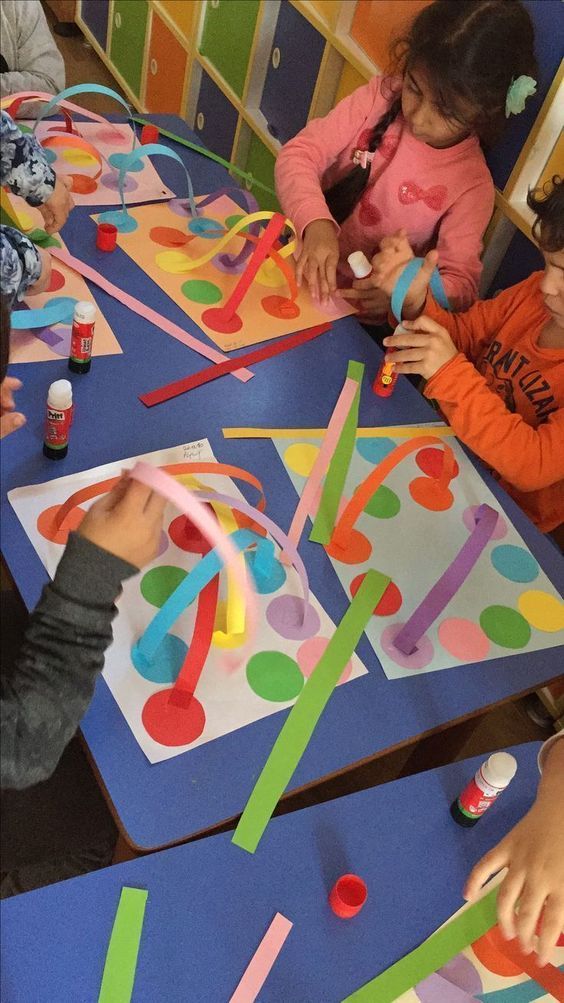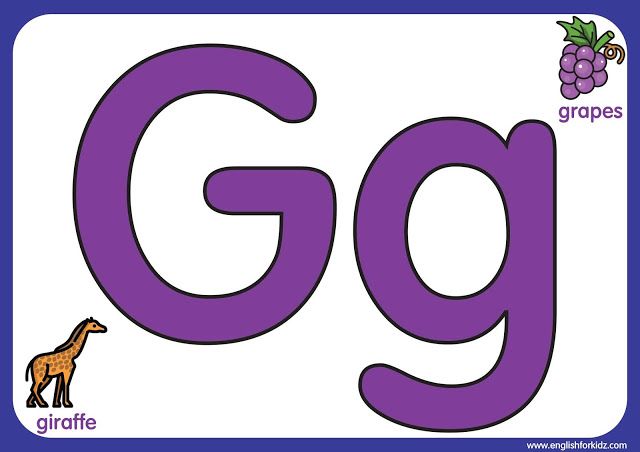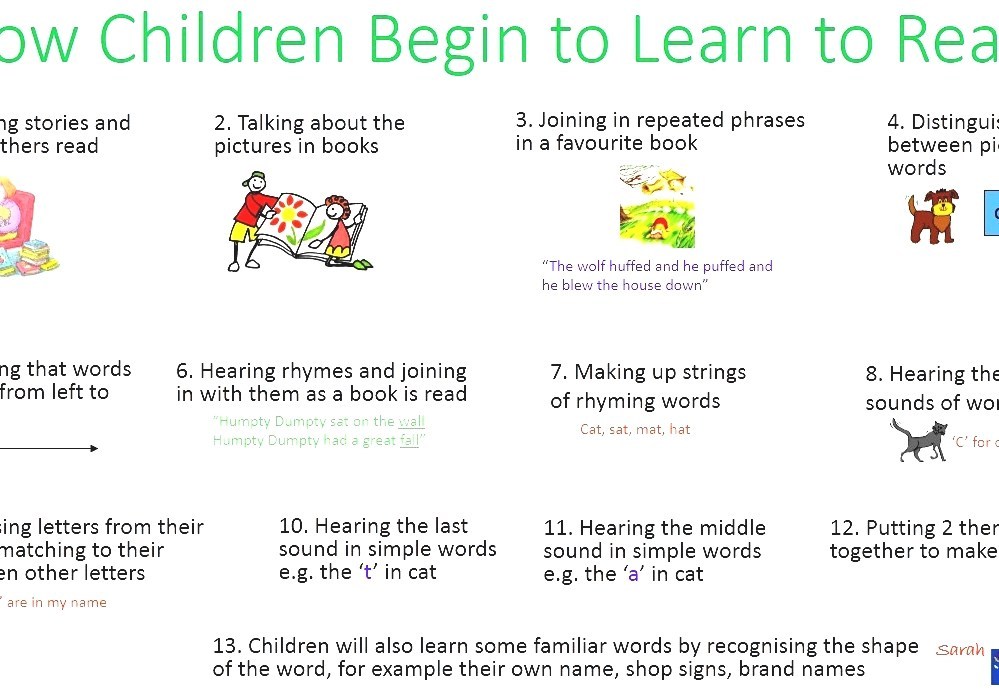Why is math important
The role of mathematics in the overall curriculum
A305 and A306 Rooms
Sections:
Organizing team composition
Aims and scope
Call for papers
Program
Papers and discussion documents
Team chairs:
Kyungmee Park (Korea)
Aarnout Brombacher (South Africa)
Team members:
Joana Brocardo (Portugal)
Lynn Arthur Steen (USA)
Aims and scope
Mathematics is a fundamental part of human thought and logic, and integral to attempts at understanding the world and ourselves. Mathematics provides an effective way of building mental discipline and encourages logical reasoning and mental rigor. In addition, mathematical knowledge plays a crucial role in understanding the contents of other school subjects such as science, social studies, and even music and art.
The purpose of this TSG is to investigate the role of mathematics in the overall curriculum. Due to the wide range of possible issues that could be addressed in this TSG, we plan to organize the papers and accompanying discussions into three key strands.
Firstly, we ask the question: why does mathematics hold such an important and unique place among other subjects? That is, what is the significance of mathematics in the overall school curriculum? As a point of departure we offer a few thoughts on why mathematics should be treated as an important subject in overall curriculum.
- Mathematics has a transversal nature. If we reflect on the history of curriculum in general, then mathematics (geometry and algebra) were two of the seven liberal arts in Greek as well as in medieval times. This historical role supports the notion that mathematics has provided the mental discipline required for other disciplines.
- Mathematical literacy is a crucial attribute of individuals living more effective lives as constructive, concerned and reflective citizens.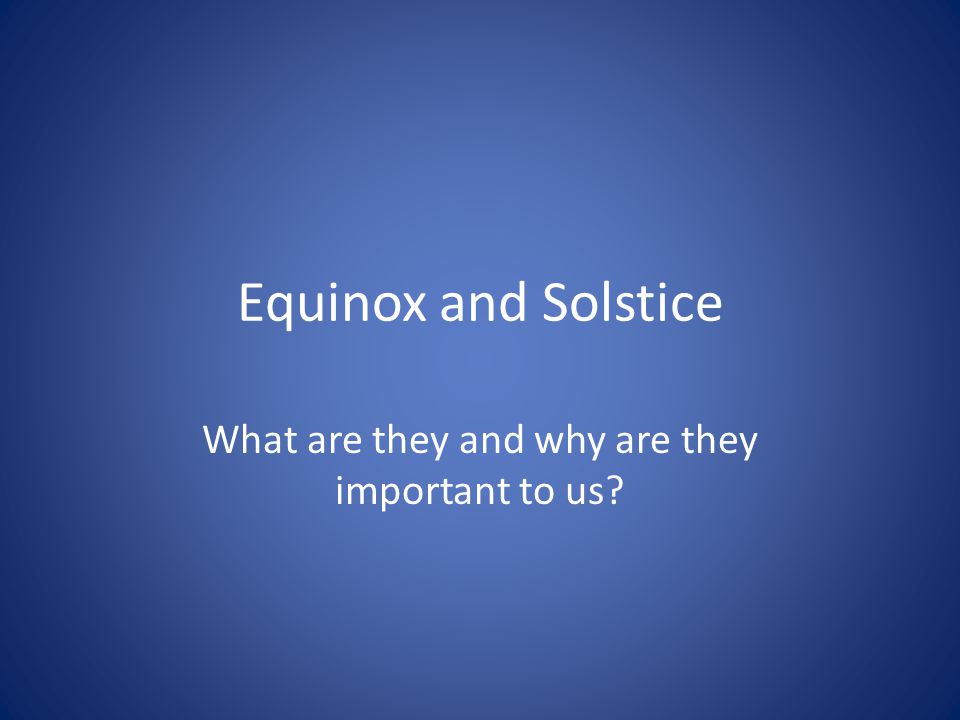 Mathematical literacy is taken to include basic computational skills, quantitative reasoning, spatial ability etc.
Mathematical literacy is taken to include basic computational skills, quantitative reasoning, spatial ability etc.
- Mathematics is applied in various fields and disciplines, i.e., mathematical concepts and procedures are used to solve problems in science, engineering, economics. (For example, the understanding of complex numbers is a prerequisite to learn many concepts in electronics.) The complexity of those problems often requires relatively sophisticated mathematical concepts and procedures when compared to the mathematical literacy aforementioned.
- Mathematics is a part of our human cultural heritage, and we have a responsibility to develop that heritage.
Secondly, since mathematics provides foundational knowledge and skills for other school subjects, such as sciences, art, economy, etc., the issue of how mathematics is intertwined with other school subjects deserved to be addressed. In some curricula, mathematics is offered independently to support the study of other school subjects as an ‘instrumental subject’, and in other curricula, integrated courses which combine mathematics and other fields are offered.
Thirdly, we may wish to reflect on the number of hours (proportion of hours) and/or courses allocated to mathematics when compared to the other school subject in the curriculum of each country. In addition to this quantitative analysis, information about the qualitative description of school mathematics in relation to other subjects also needs to be gathered. Although this comparison won’t show us the whole picture of why different countries attach the importance that they do to mathematics, the comparison may nonetheless provoke further discussion.
Call for papers
The TSG 25 organizing team cordially invites all interested researchers and teachers to submit papers related to the topic of this group, in particular to its aims and scope. Any contribution addressing questions, problems and issues related to the topics listed above may be submitted. We welcome proposals from both researchers and practitioners, and encourage contributions from all countries with different cultural backgrounds.
Method of submission: email attachment to the TSG 25 chairs – Aarnout Brombacher ([email protected]) or Kyungmee Park ([email protected])
Deadline for submission of abstracts (1-2 pages) – 15 January, 2008
Notification of acceptance of abstracts – 31 January, 2008
Submission of full papers – 15 March, 2008
Notification of acceptance of papers – 31 March, 2008
(i.e. accepted for presentation, accepted for distribution or on the website, rejected)
Program
First session – July 7th (60 min) Monday 13:00 to 14:00h
|13:00-13:15h| Introduction to the theme by Aarnout Brombacher|
|13:15h – 13:40h|Curricular Methodology for the Mathematics In The Engineering Careers Patricia Camarena Gallardo and Alma Alicia Benítez Pérez |
|13:40h – 13:45h|Critical reaction by Joana Brocardo/Aarnout Brombacher|
|13:45h – 14:00h| Discussion |
Second session – July 9th (90 min) Wednesday 12:30 to 14:00h
|12:30 – 12:55h|Using Mathematical Inquiry To Engage Student Learning Within The Overall Curriculum Jill Fielding-Wells and Katie Makar|
|12:55 – 13:00h|Critical reaction by Joana Brocardo|
|13:00 – 13: 25h|The Place of Mathematics in the Integrated Curriculum Pamela Perger and Margaret Thomson|
|13:25 – 13:30h|Critical reaction by Aarout Brombacher|
|13:30 – 14:00h|Discussion|
Third session – July 11th (60 min) Friday 12:30 to 13:30h
|12:30 – 12:55h|Mathematics in a New Interdisciplinary Subject for Upper Secondary Education: aSMaT
Jenneke Krüger|
|12:55 – 13:00h|Critical reaction by Kyungmee Park|
|13:00 – 13:30h|Discussion|
Last session – July 12th (90 min) Saturday
|12:00 to 13:30h|Structures discussion that follows from the earlier sessions|
Papers and discussion documents
Using Mathematical Inquiry to Engage Student Learning Using Mathematical Inquiry to Engage Student Learning within the Overall Curriculum (130.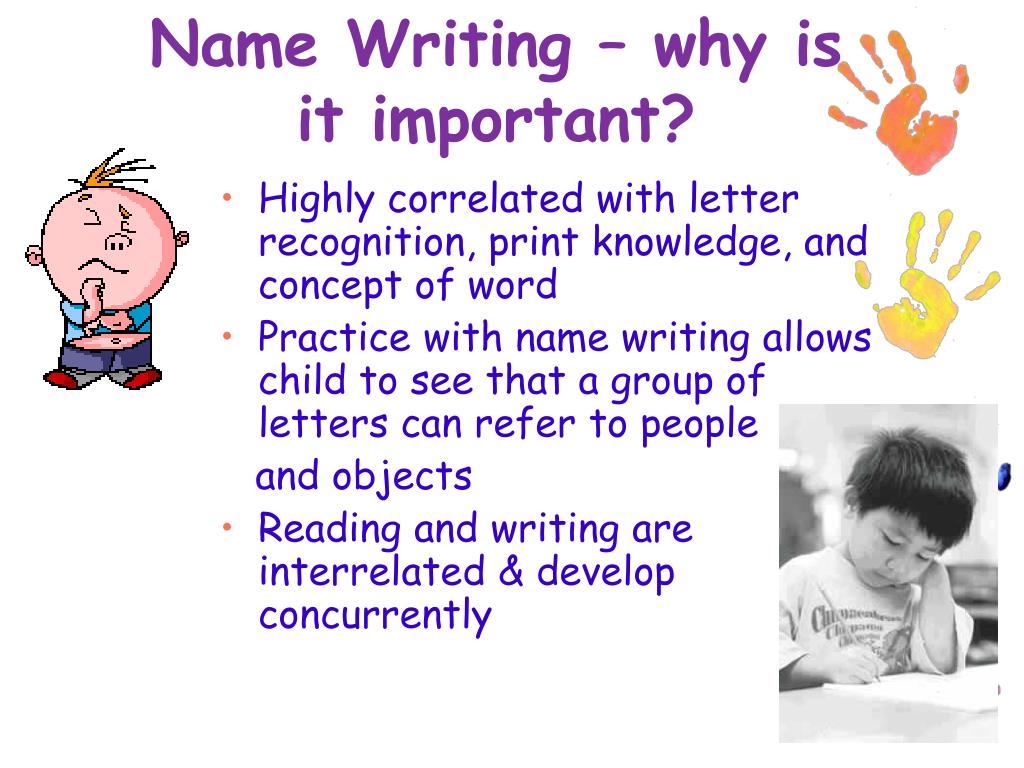 00 KB)
00 KB)
Mathematics in a new interdisciplinary subject for upper secondary education: aSMaT (129.00 KB)
CURRICULAR METHODOLOGY FOR THE MATHEMATIC IN THE ENGINEERING CAREERS (69.00 KB)
The Place of Mathematics in the Integrated Curriculum (107.00 KB)
TSG25 Programme (49.00 KB)
10 Reasons Why Math is Important to Life
General
Sep 30, 2018 | Location Denville
From www.piday.org -- This is a great article to discuss with your kids. What do you use math for? Why do you need math? Imagine a world without math.. .How would you survive without math? Could you? We think the answer is no. Look at all the wonderful things math is used for an why math is important. Seriously, try one day without math and see if you catch yourself using it anyway. Math is a natural way to organize and to think. For example, when you're using the microwave, aren't you deciding how long to set the timer? TIME? Did you say TIME? Can you tell someone when to meet you if you couldn't tell time? How do you know when it's lunchtime?
How about your child's locker? These are often numbered. Could you tell one locker from the next without an identifying number? And then there's the matter of the combination. Yes.. some are letters but numbers are more common.
Could you tell one locker from the next without an identifying number? And then there's the matter of the combination. Yes.. some are letters but numbers are more common.
How about cooking and baking? You need to be able to measure ingredients and proportion ingredients if you need more or less servings.
Add your own reasons and then see what the kids come up with.
https://www.piday.org/2018/10-reasons-why-math-is-important-in-life/
Q1. Jenny has six apples. If she gives away four apples, how many apples does she have remaining?
Q2. Two trains are traveling nonstop to Kansas City, one leaving from Boston (1450 miles away) at 50 miles per hour and one leaving from San Francisco (1850 miles away) at 40 miles per hour. Both trains leave their origins at the exact same time early in the morning. Which train will arrive first, and what will be the time difference of the two trains’ arrival in their final destination in Kansas City?
Q3.
What is the radius of a circle with circumference 2π?
(Check the bottom of this blog post for the answers to the math problems posted above!)
While it may seem like math problems like the above have no real use in life, this couldn’t be farther from the truth! Math is incredibly important in our lives and, without realizing it, we use mathematical concepts, as well as the skills we learn from doing math problems, every day. The laws of mathematics govern everything around us, and without a good understanding of them, one can encounter significant problems in life.
Read on to learn a few reasons that math is a powerful and incredibly useful tool.
- Learning math is good for your brain. Research conducted by Dr. Tanya Evans of Stanford University indicates that children who know math are able to recruit certain brain regions more reliably, and have greater gray matter volume in those regions, than those who perform more poorly in math.
 The brain regions involved in higher math skills in high-performing children were associated with various cognitive tasks involving visual attention and decision-making. While correlation may not imply causation, this study indicates that the same brain regions that help you do math are recruited in decision-making and attentional processes.
The brain regions involved in higher math skills in high-performing children were associated with various cognitive tasks involving visual attention and decision-making. While correlation may not imply causation, this study indicates that the same brain regions that help you do math are recruited in decision-making and attentional processes. - Math helps you tell time. “I’m late, I’m late for a very important date.” – White Rabbit from the movie Alice in Wonderland. Don’t let your ignorance of math make you like the White Rabbit! A recent study indicated that 4 out of 5 children living in Oklahoma City cannot read the hands on an analog clock to tell time. Knowing math, and particularly, fractions, can help you better tell time. While analog clocks may eventually become obsolete, don’t let your ability to tell time become outdated! Use your knowledge of fractions to help you tell time on analog clocks that have an hour, minute, and (sometimes) second hand.

- Math helps you with your finances. Math can be helpful for balancing your budget because you will have a good understanding of how to make sure that your costs are less than the money you have. Balancing one’s bank account, for example, is an important life skill that requires math in order to subtract balances. People who know math are therefore less likely to go into debt because they did not know how much money they had versus how much money they spent.
- Math makes you a better cook (or baker). With a knowledge of math, for example, you can quickly deduce that a half-cup of flour is the same thing as eight tablespoons of flour. This can prove handy if you find that your half-cup measure is missing. Likewise, if you are cooking from a recipe that serves 4 people, but you need to feed 8 people, your math skills tell you that you can simply double all of the necessary ingredients. Without math, you may not have enough food (or have too much food) to feed your guests…
- Math helps us have better problem-solving skills.
 Math helps us think analytically and have better reasoning abilities. Analytical thinking refers to the ability to think critically about the world around us. Reasoning is our ability to think logically about a situation. Analytical and reasoning skills are important because they help us solve problems and look for solutions. While it may seem farfetched to think that solving the train problem above can help you solve a problem in your life, the skills that you use in framing the problem, identifying the knowns and unknowns, and taking steps to solve the problem can be a very important strategy that can be applied to other problems in life.
Math helps us think analytically and have better reasoning abilities. Analytical thinking refers to the ability to think critically about the world around us. Reasoning is our ability to think logically about a situation. Analytical and reasoning skills are important because they help us solve problems and look for solutions. While it may seem farfetched to think that solving the train problem above can help you solve a problem in your life, the skills that you use in framing the problem, identifying the knowns and unknowns, and taking steps to solve the problem can be a very important strategy that can be applied to other problems in life. - Math is used in practically every career in some way. Obviously, mathematicians and scientists rely on mathematical principles to do the most basic aspects of their work such as test hypotheses. While scientific careers famously involve math, they are not the only careers to do so. Even operating a cash register requires that one understands basic arithmetic.
 People working in a factory must be able to do mental arithmetic to keep track of the parts on the assembly line and must, in some cases, manipulate fabrication software utilizing geometric properties (such as the dimensions of a part) in order to build their products. Really, any job requires math because you must know how to interpret your paycheck and balance your budget.
People working in a factory must be able to do mental arithmetic to keep track of the parts on the assembly line and must, in some cases, manipulate fabrication software utilizing geometric properties (such as the dimensions of a part) in order to build their products. Really, any job requires math because you must know how to interpret your paycheck and balance your budget. - Math is all around us and helps us understand the world better. To live in a mathematically-driven world and not know math is like walking through an art museum with your eyes closed. Learning and appreciating math can help you appreciate things that you would not otherwise notice about the world. In reality, math is everywhere! Don’t believe me? Read on for some examples of math in nature.
Bees, masters of geometry, use hexagons to build their honeycombs. The Fibonacci sequence, a famous sequence of numbers in mathematics, is found throughout nature: in pinecones, seashells, trees, flowers, and leaves.
The number pi can also be observed all around us. Pi is a cool number with many unique properties. Pi is approximately 3.14, but in reality it is greater than 3.14, with an infinite string of numbers after the decimal point. Because pi is, in reality, an infinitely long number, it is expressed as the Greek letter pi (π). It cannot be expressed as a fraction; numbers that cannot be expressed as fractions are said to be irrational. Pi is also transcendental, which means that it is non-algebraic; this means that pi cannot be the solution of single-variable polynomial equation whose coefficients are all integers. (By definition, all transcendental numbers are also irrational.)
The number pi can be observed in the shapes of rivers. The ratio of a river’s length to the distance from the source to its mouth is called the “meandering ratio.” The average meandering ratio of rivers approaches the number pi. It makes sense that the average meandering ratio of rivers approaches pi, because rivers tend to bend into loops, which are circular in nature. The ratio of a circle’s circumference to its diameter is also equal to pi.
The ratio of a circle’s circumference to its diameter is also equal to pi.
Now that you know more about pi and about how math governs nature, don’t you feel that you have a greater command over the mathematical laws of the universe? It can be empowering to learn about mathematical principles because it can help make sense of a world that, oftentimes, does not make much sense.
- Math can make you more popular. Before you start to disagree with me, think about how great it is to go to dinner with a friend who can quickly divide a check in their mind to determine how much each person needs to pay to split the bill. Your knowledge of fractions can also help you divide a pizza among a few people. While math is popularly the realm of nerds, your ability to avoid awkward confusion and silence as you and your friends try to divide a pizza or a dinner bill is truly a valuable skill. Be known as the cool (yes, I said cool) person that knows how to do mental math quickly!
- Math can help you shop a good sale.
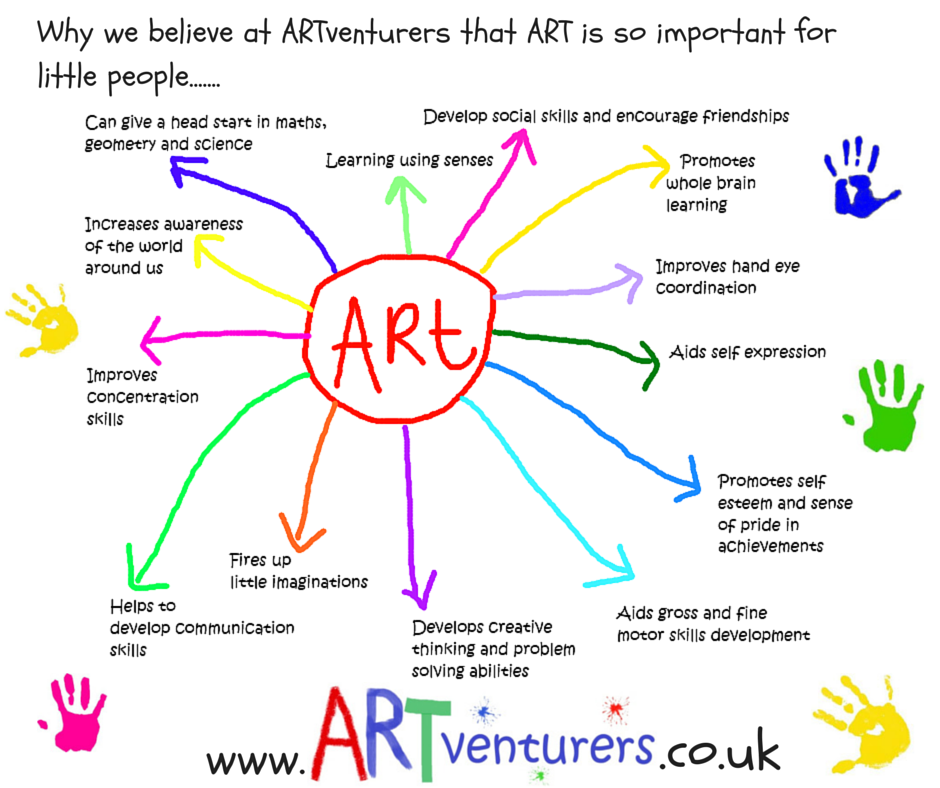 Not only will your quick mental arithmetic skills help you become known as the smart person who everyone appreciates when the waiter brings the check to your table, your math skills can also help you shop. Knowledge of percentages and how to calculate them quickly can help you save time when shopping at a sale at the mall – for example, to quickly calculate a discounted price, or to determine whether you’ve been correctly charged when paying for a shirt at the store. You don’t need a Ph.D. in math to develop some quick mental arithmetic skills; they can help you in these and other areas of your life in the long run.
Not only will your quick mental arithmetic skills help you become known as the smart person who everyone appreciates when the waiter brings the check to your table, your math skills can also help you shop. Knowledge of percentages and how to calculate them quickly can help you save time when shopping at a sale at the mall – for example, to quickly calculate a discounted price, or to determine whether you’ve been correctly charged when paying for a shirt at the store. You don’t need a Ph.D. in math to develop some quick mental arithmetic skills; they can help you in these and other areas of your life in the long run.
Tip: use the 10 rule while sale-shopping. If you want to brush up on your math skills to be a better bargain-hunter, remember this rule: to subtract 10 from a price, you can just move the decimal place to the left by one digit. Take, for example, a shirt that has a price of $25.00 and is on sale for an additional 20 off. You can move the decimal over to the left by one digit to calculate 10 off – $2.50. Since 20 off is 2 x 10 off, you can quickly multiply $2.50 x 2 to get the discount amount – $5.00. Subtract the discount amount from the original price of the shirt: $25.00 – $5.00 = $20.00. You can use the 10 rule to quickly calculate 10 of the price and multiply it by a factor that can help you estimate price discounts quickly.
You can move the decimal over to the left by one digit to calculate 10 off – $2.50. Since 20 off is 2 x 10 off, you can quickly multiply $2.50 x 2 to get the discount amount – $5.00. Subtract the discount amount from the original price of the shirt: $25.00 – $5.00 = $20.00. You can use the 10 rule to quickly calculate 10 of the price and multiply it by a factor that can help you estimate price discounts quickly.
Math skills can be pretty helpful!
- Math is the universal language. Sure, it’s mostly equations, numbers, and some Greek letters, but math is understood the same virtually all over the world (and who knows, maybe all over the universe)! A math equation doesn’t need to be translated to another language to be understood by someone on the other side of the planet. A mathematical law doesn’t change because someone has a different religion than you or speaks a different language from you. 2 + 2 = 4 in every single place on planet Earth. Pretty cool! The universality of math is one of the many things that makes it such a powerful tool and, indeed, essential life skill.
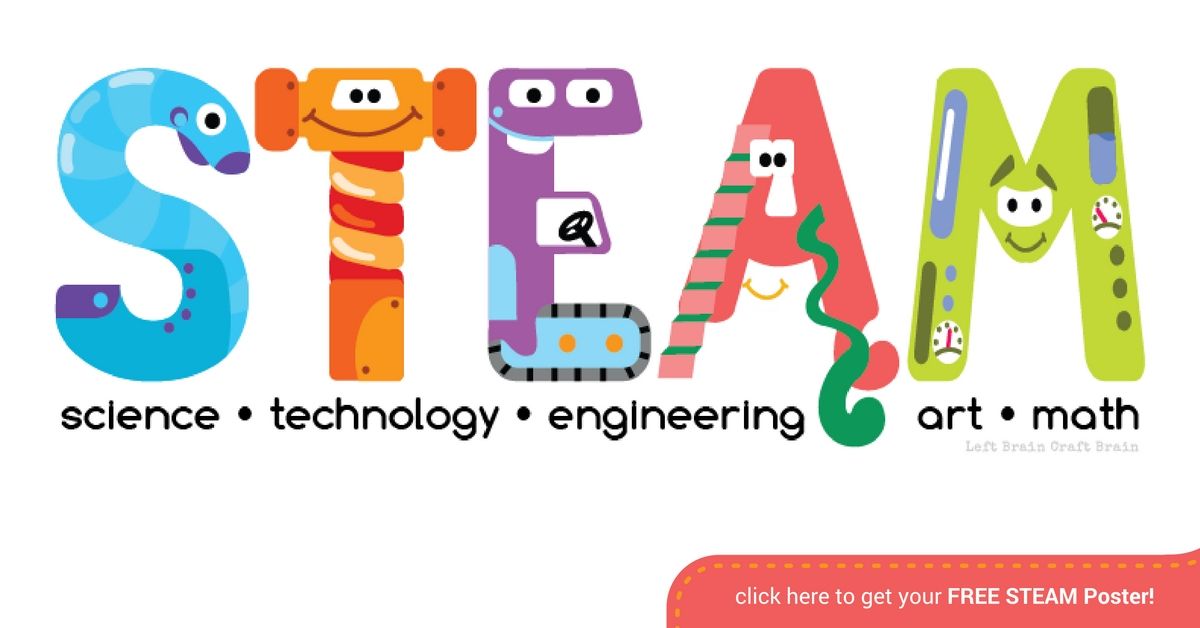
In summary, math is not only important for success in life; it is all around us. The laws of mathematics are evident throughout the world, including in nature, and the problem-solving skills obtained from completing math homework can help us tackle problems in other areas of life. While many may complain that math is boring or complicated, the truth is that a life devoid of math means that we go around experiencing the world on a much less interesting level than we could.
Math problem answers:
A1. Two apples
A2. To solve this problem, simply divide the distance travelled for each train by its speed to obtain the time that the journey will take. Assuming that the trains travel a uniform velocity and make no stops, The Boston train will arrive in Kansas City in (1450 / 50) = 29 hours. The San Francisco train will arrive in (1850/40) = 46.25 hours.
To calculate the time difference, simply subtract 46.
25 from 29 = 17.25.
Therefore, the Boston train will arrive first – and the San Francisco train will arrive 17.25 hours later.
A3. The circumference of a circle is equal to the diameter of the circle times pi. Therefore, dividing the circumference (2π) by π gives us the diameter, which is 2. The radius is half the diameter, so in this case, 2/2 = 1. Therefore, the radius of a circle with circumference 2π is equal to 1.
SEE HOW MATHNASIUM WORKS FOR YOUR SITUATION
Answer a few questions to see how it works
My Child is:
OUR METHOD WORKS
Mathnasium meets your child where they are and helps them with the customized program they need, for any level of mathematics.
Early Learners
Elementary School
Middle School
High School
Find Their Path
Related Articles
Athletes and Mathematicians: The Perfect Pair
May 23, 2022 | Location Denville
Have you ever paused to consider how athletes continue to break records? How do they keep getting better and faster? The answer involves math! Many professional athletic teams now hire mathematicians to help them perform at their optimum ability.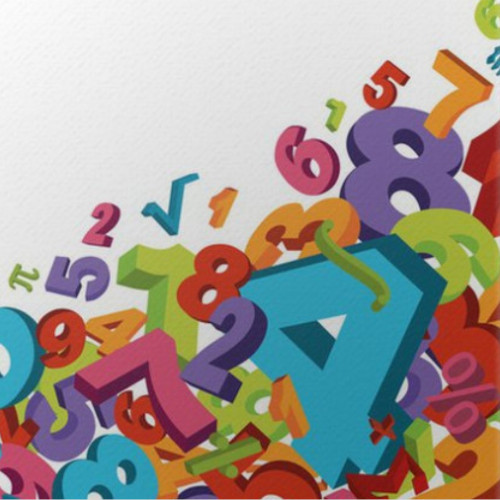 F..
F..
How Mathnasium Helps Homeschoolers
May 16, 2022 | Location Denville
Homeschooling has definitely grown in popularity over the last decade. The Center For Education Statistics reported that in the 2011-2012 school year, 3% of the school-aged population were homeschooled. Nine years later, that number jumped to 9%! M..
Why The Instructors At Mathnasium Rock
May 14, 2022 | Location Denville
At Mathnasium of Denville, we pride ourselves on our proficient, friendly, and highly-skilled instructors. We know that it takes more than a math whiz to be able to successfully teach your child math. So what is it that sets Mathnasium's Instructors apart..
We know that it takes more than a math whiz to be able to successfully teach your child math. So what is it that sets Mathnasium's Instructors apart..
HELP YOUR CHILD ACHIEVE THEIR FULL MATH POTENTIAL
We have over 1,000 neighborhood centers. Get started now.
- Find a location
- Get a math skills assessment for your child
- Your child will complete a customized learning plan
Results based on location:
17050 Pilkington Rd
#110
Lake Oswego, OR 97035
2100 North Main St.
St. 312
Walnut Creek, CA 94597
17050 Pilkington Rd
#110
Lake Oswego, OR 97035
2100 North Main St.
St. 312
Walnut Creek, CA 94597
6638887 Summer St
Walnut Creek, CA 77764
Rocky River, OH
24 Rancho Del Mar
Aptos, CA 95003
This site uses cookies to monitor the performancee of this website and improve your browsing experience. To find our more about cookies or learn how to change your cookie settings, please see our Privacy Policy
To find our more about cookies or learn how to change your cookie settings, please see our Privacy Policy
Why do we need mathematics in human life?
Interesting facts about mathematics
Mathematics is not only arithmetic problems. This is a special language that teaches to think and reason.
Mathematics is called an interdisciplinary science because it is closely related to physics, geography, geology, and chemistry. Sociology and economics are inseparable from mathematics, so many conclusions from humanitarian research are based on mathematical concepts and logical laws.
The world has changed and become more technological, so many options for professional development are open for math lovers.
If 15 years ago the spheres of marketing and jurisprudence were promising, today IT is in the lead.
Professional demand = understanding of technology + ability to solve non-standard problems. And the key to success is the knowledge of mathematics.
What distinguishes mathematics from other school subjects:
- one problem can have several correct solutions;
- there are problems for which there is no solution - instead, you need to form a proof;
- in mathematics there are many tools: numbers, formulas, graphs, diagrams, theorems. Don't get bored!
Math Demo Lesson
Find out which topics are “lame” for you, and then analyze them without cramming formulas and boring lectures.
Mathematics develops thinking
Why do physical education? The answer is simple - for the health and beauty of the body.
Why study mathematics? The answer to this question seems less obvious.
Mathematics is gymnastics for the mind. Like it or not, but in the process of studying, the qualities that influence the way of thinking will grow stronger. To do this, it is not necessary to study in a specialized class and participate in olympiads - solving even the simplest problems with proportions or percentages gives a significant effect.
Generalization, reduction, analysis, systematization, highlighting the important, searching for patterns, formulating hypotheses and proving theories - all this helps to develop thinking, make it more flexible. In the same way that physical exercises make our body more mobile, give a boost of strength and train endurance, mathematics trains the mind.
Mathematics develops the intellect. The set of rules and functions that we learn in school make our thinking consistent and logical. This is reflected in the ability to reason, formulate thoughts and notice relationships. And the most exciting thing is that this knowledge can (and should!) be applied not only at school, but also in non-standard situations: to choose the most profitable bank card, calculate liters of paint for repairs or create a treasure map so as not to forget where they are hidden.
Mathematics is a universal international language that is spoken by almost all people on earth. This knowledge will be useful in any country and can be the subject of an interesting conversation.
This knowledge will be useful in any country and can be the subject of an interesting conversation.
Life hack!
An unusual way to get acquainted is to ask a person about his attitude to mathematics, where he uses it and whether he remembers how to take the square root of a number. Yes, it will seem strange to some, but you will definitely be remembered. 🤓
What to understand, why study mathematics at school, just imagine how nice it is when there is no “porridge” and confusion in reasoning in the head. In this regard, back in the last century, the great scientist Lomonosov said: "Mathematics only then needs to be taught, that it puts the mind in order." How can one argue?
Mathematics courses will help you improve your grades, prepare for tests, VLOOKUP and exams.
Mathematics builds character
Knowledge alone is not enough to solve mathematical problems correctly. We need such qualities of character as attentiveness, perseverance, consistency, accuracy and accuracy.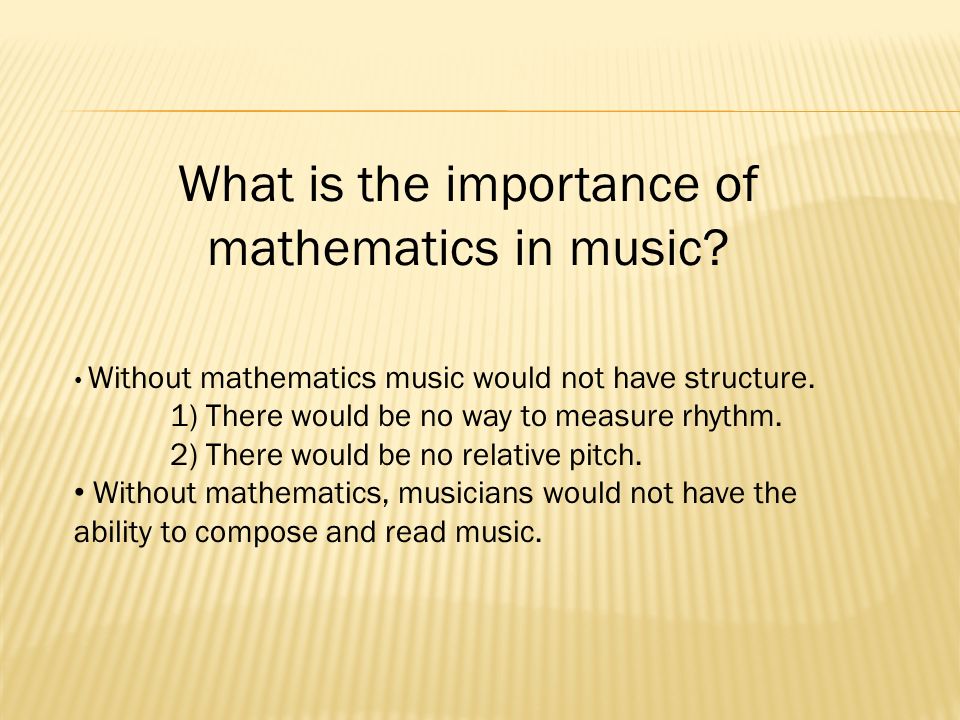 The more regularly we practice, the stronger these traits become stronger. And another bonus: these qualities can be applied not only in the classroom, but also in other areas of life.
The more regularly we practice, the stronger these traits become stronger. And another bonus: these qualities can be applied not only in the classroom, but also in other areas of life.
The more complex the math problems, the more effort and skill you need to put in to solve them.
Thanks to mathematics, you can get rid of bad habits:
| 😬 | 😍 |
| To think and not be able to explain why you think that way | Use facts and precise terms and be more persuasive |
| Memorize information mechanically, memorize | Evaluate, analyse, draw analogies and criticize |
Free English lessons with a native speaker
Practice 15 minutes a day. Learn English grammar and vocabulary. Make language a part of life.
Mathematics trains memory
Scientists from Stanford University in the USA studied how a person solves mathematical problems and found that adults use the skill to "get" answers from memory based on past experience.
Why do teachers insist on regular attendance? The point is not in their harmfulness, but in the fact that when solving mathematical problems, we “get” answers from memory based on past experience. And in order to consolidate this experience, you need to repeat the material and train in solving examples. This is the only way to remember all the rules and formulas. 🤓
In the journal Nature Neuroscience in 2014, a study was published about the role of certain areas of the brain in the development of cognitive activity in children. It turned out that the interest in knowledge is strongly influenced by the hippocampus, the part of the brain that is responsible for memory.
Interesting fact! Certain areas of the brain influence the development of children's cognitive activity.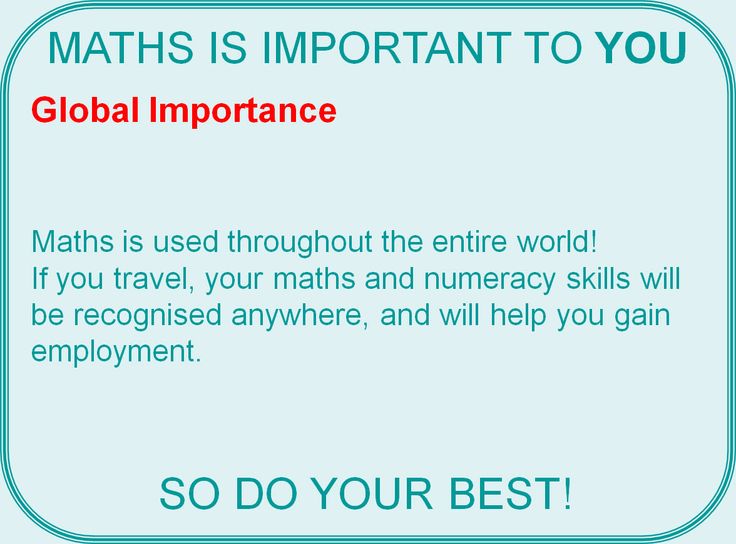 For example, interest in knowledge is influenced by the part of the brain that is responsible for memory - the hippocampus. Therefore:
For example, interest in knowledge is influenced by the part of the brain that is responsible for memory - the hippocampus. Therefore:
- in order for a child to avoid problems with mathematics, it is necessary to train memory at an early age;
- solving mathematical problems develops the memory of schoolchildren and motivates them to study even more.
Mathematics is a magician, not otherwise! Let's systematize all the magical properties and repeat what skills can be developed with the help of mathematics:
- The ability to generalize and find the role of the particular in the general.
- Ability to analyze situations and make informed decisions.
- The ability to see patterns.
- The ability to correctly and clearly formulate thoughts.
- Ability to think logically.
- Ability to think quickly and make decisions.
- Planning and forecasting skill.

- Abstract Thinking Skills: The ability to sequence concepts or operations and keep them in mind.
Deprimo!
(a spell that removes obstacles to knowledge)
Why do we need mathematics? Why study, the benefits of doing mathematics
Can you clearly explain to the child why he needs to do math? After all, the study of concepts, the laws of mathematics and logic, the solution of mathematical and logical problems requires mental effort. And why is it needed at all?
We reviewed a number of scientific studies and identified real evidence for the benefits of doing math.
Even if you are convinced that your child’s life will not be connected with mathematics, we recommend that you still read our article in order to at least easily answer the questions of the little “why”.
1. Mathematics develops thinking
By studying mathematics and solving problems, the child learns:
- summarize and highlight the important;
- analyze and systematize;
- find patterns and establish cause-and-effect relationships;
- reason and draw conclusions;
- think logically, strategically and abstractly.

Just as regular sports training “pumps” the body, makes it healthy, strong and resilient, so regular math exercises “pump” the brain - develop intelligence and cognitive abilities, broaden horizons.
See also: In the article "5 reasons to learn to think like a mathematician" we have analyzed in detail what is the power of mathematical thinking and why to develop it.
2. Mathematics trains memory
Scientists from Stanford University in the USA studied the process of solving mathematical problems by a person and found out that adults use thinking and the skill, brought to automatism, to “get” the answers already there from memory.
Children under 7 often resort to the help of fingers and toes, as well as various substitutes (real objects, counting sticks). In the "transitional period", at the age of 7 to 9, schoolchildren form the "adult" skill of "thinking", comprehending and remembering information.
An interesting study was published in the journal Nature Neuroscience in 2014. First of all, it was devoted to the study of the role of the hippocampus (an area in the brain) in the development of cognitive activity in children. But his indirect conclusions are as follows:
First of all, it was devoted to the study of the role of the hippocampus (an area in the brain) in the development of cognitive activity in children. But his indirect conclusions are as follows:
- if you want your child to have no problems with math at school, train your memory at an early age;
- solving mathematical problems develops memory.
3. Math builds character
For the correct solution of mathematical and logical problems, attentiveness, perseverance, responsibility, accuracy and accuracy are needed.
The more regularly a child trains these "muscles of character", the stronger they become, the more often they help the child in solving not only educational problems, but also life problems.
LogicLike is the right training platform for 20-60 minutes a day. Solve problems, participate in olympiads in logic and mathematics, develop the will to win and the ability to win!
We create both simple and Olympiad problems that you want to solve:
- tasks for grade 1;
- assignments for grade 2;
- assignments for grade 3.
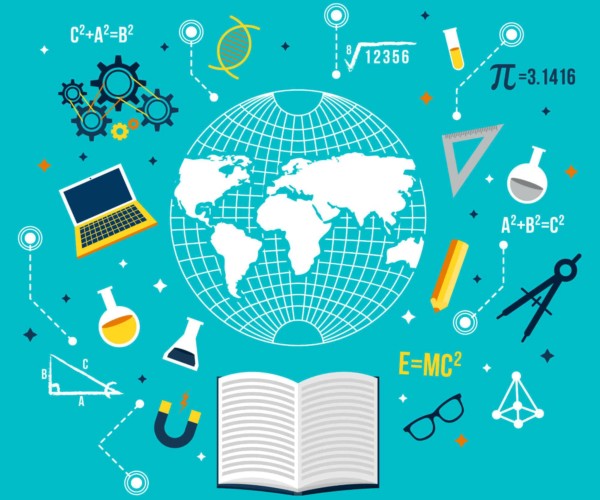
4. Music for mathematics, mathematics for music
A comprehensive study by Barbara H. Helmrich of the College of Notre Dame in Baltimore found that children who played musical instruments in middle school did significantly better in math in high school.
Scientists have found that the same part of the brain is responsible for solving algebraic problems and processing musical information.
"The largest average difference in algebra scores between any two groups of subjects was found between African-American 'instrumental' groups and groups of 'non-musical' students."
Paradoxically, scientists didn't seem to be interested in feedback.
After all, if the same part of the brain is responsible for the development of mathematical and musical abilities, it is possible that doing mathematics improves musical abilities.
I remember Sherlock Holmes, who was both an excellent detective and a talented violinist. Many will say that the famous English detective is just a fiction, but he had his own real prototype, a mentor and friend of Arthur Conan Doyle. The greatest physicist Albert Einstein was also a passionate violinist.
The greatest physicist Albert Einstein was also a passionate violinist.
5. Math Helps You Succeed in the Humanities
It is early mathematical abilities that are a sure prerequisite for the fact that in the future the child will not only understand mathematics well, but also succeed in other school disciplines. Next in importance for contributing to academic success are reading skills and the ability to manage one's attention.
Such conclusions were reached by scientists in the field of education and social policy at Northwestern University in Evanston. During the study, they assessed the relationship of key elements of school readiness (basic skills for school admission - "academic" readiness, attention, social-emotional skills) with further academic success.
Mathematics is an interdisciplinary science, it is closely related to physics, geography, geology, and chemistry. Sociology and economics are inseparable from mathematics, and many of the conclusions of even the usual humanities, such as linguistics, journalism, are based on mathematical models and concepts, mathematical and logical laws.
6. Develops skills for solving everyday problems
Barbara Oakley, PhD, brain stem cell researcher and author of Think Like a Mathematician, emphasizes:
“Mathematics saves us from “magical thinking” - we strive to delve into the essence of things and do not rely on chance and higher powers.”
The more difficult the math problems become, the more skills are required to solve them. The child learns to reason, build sequences, think through algorithms, juggle several concepts at once, and these skills become a habit.
Thanks to mathematics, we get rid of bad habits:
- we do not speculate, but operate only in exact terms;
- we do not just memorize information and rules mechanically, but evaluate it, analyze it, reflect in order to understand and learn new material, a new life lesson.
7. Mathematics is the basis of a successful career
If 10-15 years ago the study of foreign languages was considered promising, now you will not surprise anyone with fluency in several languages.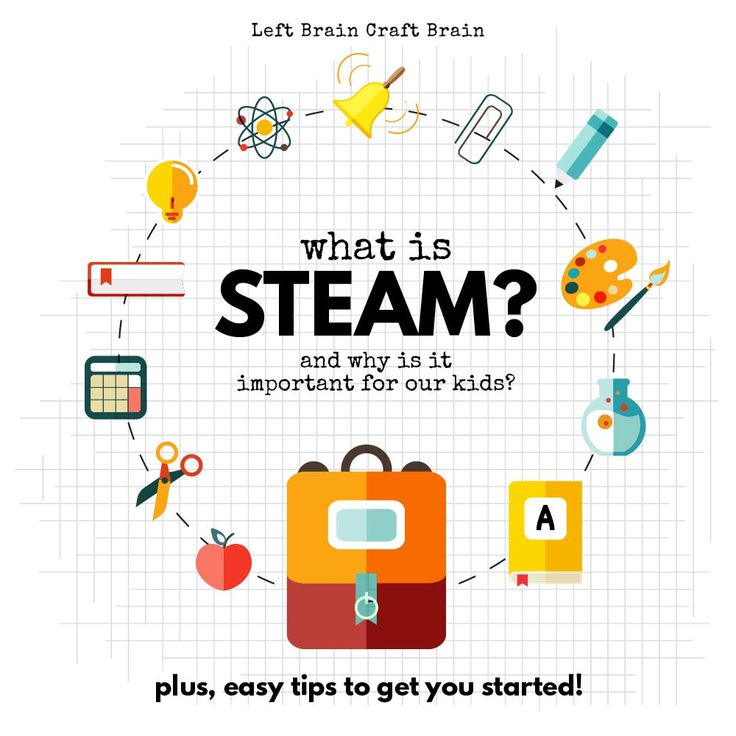 Now professional demand largely depends on the understanding of technology, the ability to think, abstract and the ability to solve non-standard problems. It is extremely difficult for those who want to work in the IT field to do without knowledge of mathematics.
Now professional demand largely depends on the understanding of technology, the ability to think, abstract and the ability to solve non-standard problems. It is extremely difficult for those who want to work in the IT field to do without knowledge of mathematics.
Abstract, critical and strategic thinking, analytical skills, the ability to build algorithms are a “must-have” for a good developer.
TOP 5 soft skills. Source: amazonaws.com
Successful mathematics classes give self-confidence, because success in it requires perseverance in striving to solve the most complex, sometimes, at first glance, “unsolvable” tasks and problems.
Test your strength: Math puzzles to help you: 9 selected well-known tasks for ingenuity. How many can you decide?
8. Problem Solving Builds Mental Resilience
Solving mathematical problems helps to improve the emotional background - this activity can relieve anxiety, helps control emotions and prevents stress.
These conclusions were reached by scientists from Duke University in the United States, who were able to prove this in a study published in the journal Clinical Psychology in 2016.
9. Pleasure from "x"
For a serious student of mathematics, mathematical formulas, equations and other logical and mathematical problems embody beauty, harmony and provide the same aesthetic pleasure as music, art and a good joke, says a group of researchers from several universities in the UK.
With the help of functional magnetic resonance imaging, the activity of the brain activity of the subjects was recorded during the demonstration of mathematical equations, formulas and tasks. The results of the study were published in the journal Frontiers in Human Neuroscience in 2014.
How to learn to experience the joy and pleasure of doing mathematics tells the famous American mathematician, a graduate of Harvard University, Stephen Strogatz. Applied Mathematics teacher, award-winning math and teacher in the pages of his book "The Pleasure of X" enthusiastically explains the most significant mathematical ideas in a simple and understandable way.